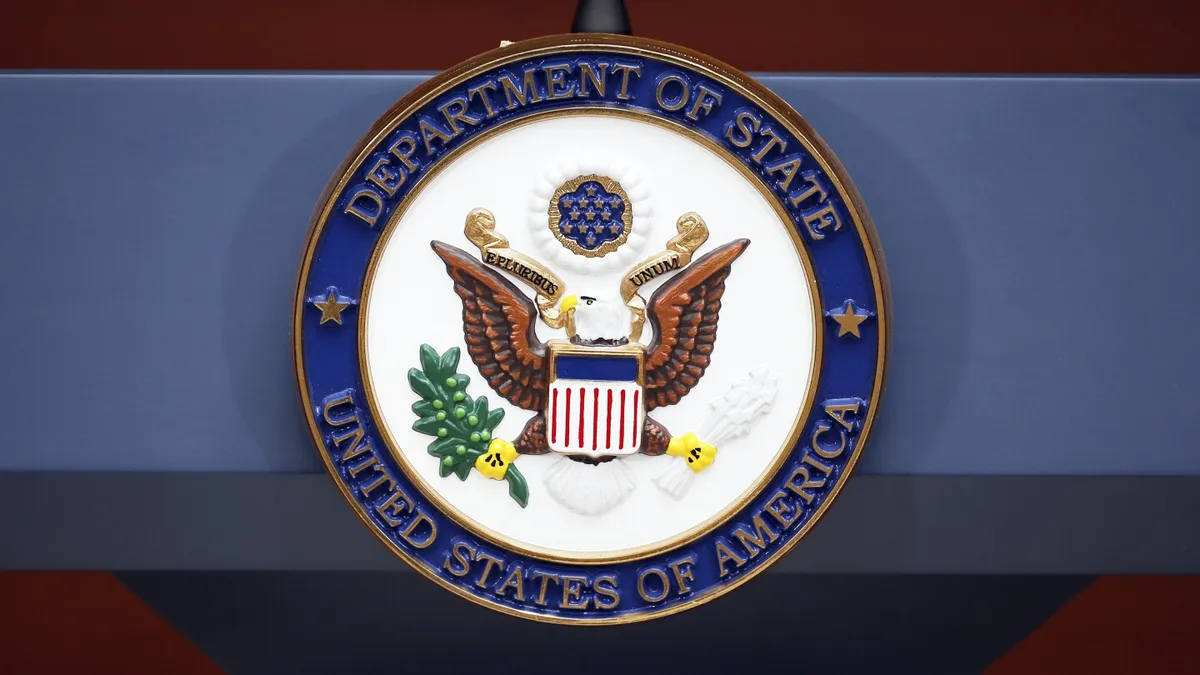
In a significant move, the Trump administration announced on Thursday that it is currently reviewing more than 55 million U.S. visa holders for any potential violations that could lead to deportation. This initiative marks an intensified crackdown on foreigners who have been granted permission to reside in the United States, encompassing various categories of visa holders, including tourists.
The U.S. State Department confirmed in a written response to The Associated Press that all holders of U.S. visas are subject to "continuous vetting." This process aims to identify any indicators of ineligibility that may arise after a visa has been issued. If any such information is uncovered, the visa may be revoked, and individuals currently in the U.S. could face deportation.
Since President Donald Trump took office, the administration has prioritized the deportation of undocumented migrants and those holding student and visitor exchange visas. The recent announcement suggests that the vetting process is expanding significantly, potentially affecting even those who were previously approved to remain in the U.S.
The State Department has outlined several factors that could trigger a review of a visa holder’s eligibility. These include overstaying the authorized duration of their visa, engaging in criminal activities, posing threats to public safety, or involvement in terrorist activities or supporting terrorist organizations. The department emphasized, "We review all available information as part of our vetting, including law enforcement or immigration records or any other information that comes to light after visa issuance indicating a potential ineligibility."
The administration has consistently increased restrictions on visa applicants, including mandating in-person interviews. The recent review of all visa holders signifies a major expansion of the vetting process, which was initially focused on students perceived to be involved in activities related to pro-Palestinian or anti-Israel sentiments.
As part of this comprehensive review, officials will scrutinize social media accounts, law enforcement records, and any U.S. law violations committed by visa holders. New tools for data collection will allow for thorough examinations of both past and present visa applicants. These measures also include recent requirements that compel applicants to disable privacy settings on their electronic devices during visa interviews.
The State Department reported that since Inauguration Day, the administration has revoked over twice as many visas compared to the same period last year, including nearly four times as many student visas. The majority of these revocations stemmed from violations such as overstaying visas and breaking local, state, or federal laws.
In the past week, the department disclosed that over 6,000 student visas had been revoked since Trump’s return to the White House. The majority of these revocations were linked to serious infractions, including assault, driving under the influence, and supporting terrorism. Approximately 200 to 300 of these visas were revoked specifically for terrorism-related issues, including support for designated terrorist organizations.
The vast majority of foreigners seeking entry into the U.S. require visas, especially those wishing to study or work for extended periods. Notably, citizens from 40 primarily European and Asian countries benefit from the Visa Waiver Program, allowing brief stays of up to three months without a visa. However, many populous nations, including China, India, Indonesia, Russia, and most of Africa, are not included in this program, necessitating that their citizens apply for visas to visit the United States.
As the Trump administration continues to enforce stringent visa policies, it is clear that the landscape of U.S. immigration is undergoing significant changes, affecting millions of visa holders and potential applicants alike.